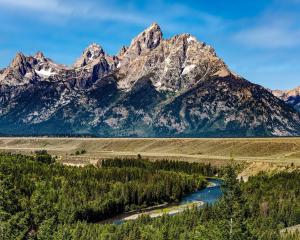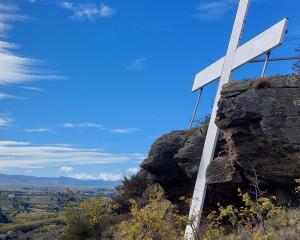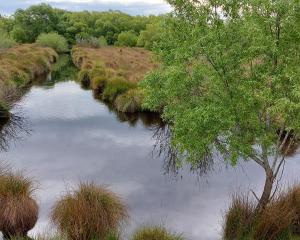They are believed to have been introduced to Gibraltar by the Moors who lived in southern Spain between 700 and 1492.
A charming version of their introduction is that they found a 14km tunnel under the sea to the Rock.
Efforts to prevent the apes foraging in the town resulted in a law that forbids feeding the beasts. Do so and you risk a £500 ($NZ1000) fine.
From 1915 until 1991, the British Army and the Gibraltar Regiment were responsible for care of the apes and there was even a special budget for feeding them.
Officers recorded the births of the macaques and every new infant was named, many of them after a governor, brigadier or high-ranking official.
With the withdrawal of the garrison, the Gibraltan Government took responsibility for the care of the macaques, now managed by the Gibraltar Ornithological and Natural History Society, with medical and nutritional care provided by the Rock's vets.
The animals are also regularly caught and given health checks.
Each day, fresh water, vegetables, fruit and seeds are supplied to supplement to the natural food that they find on the higher reaches of the Rock.
That reduces their incursions into the town but does not stop them. Maybe they're looking for duty-free bargains.
- Gillian Vine












